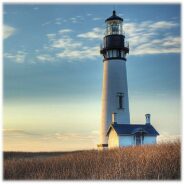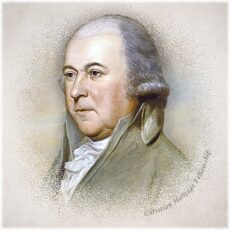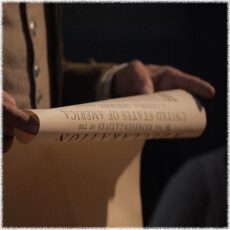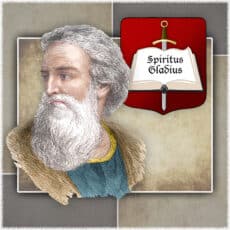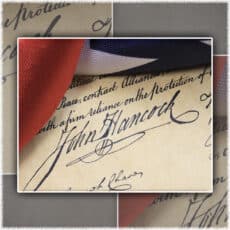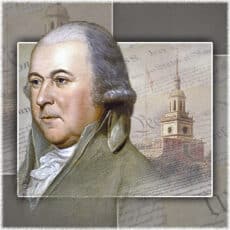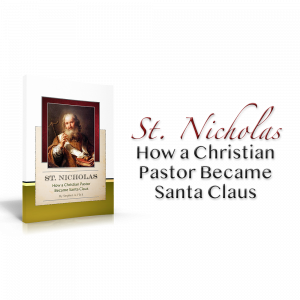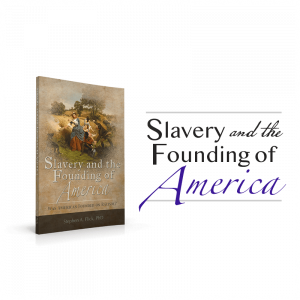Results for: "Christian Calendar (Holidays)"
The results for your search of "Christian Calendar (Holidays)" are listed below. Please click on the title or image to navigate to the desired item.
Please check the page navigation indicator at the top right or bottom right of the results to determine the number of search pages containing articles with the keyword(s): "Christian Calendar (Holidays)".
John Adams
American History, Christian Calendar (Holidays), Christian History, July Articles, Signers of Declaration of Independence
John Adams (October 30 1735 – July 4, 1826), signer of the Declaration of Independence, was the second president of the United States (1797–1801), having earlier served as the first vice president of the United States.Read more... Read more... -->
The Christian Setting of the Declaration of Independence
American History, July Articles
For nearly a century, America's Christian origin and the character of her Founding Fathers have been under attack from irreligious and Marxist nemeses. Pointing to half a dozen Founding Fathers (out of nearly 250), America's Marxist and irreligious adversaries allege prominent Founding Fathers sought to establish a purely irreligious or secular state. But in fact, Congress aggressively sought to ban irreligion (Journals of the Continental Congress, 16:252-253).[1] There is absolutely no evidence to suggest the Founding Fathers attempted to establish the first of America's organic laws (the...Read more... Read more... -->
Remembering the Apostle Paul
This post is part 4 of the series:The Apostles of Jesus ChristJune 29 Memorial for the life and ministry of the Apostle Paul The Apostle Paul was a Jew of the tribe of Benjamin, born at Tarsus in Cilicia. He was initially a great enemy to, and persecutor of the early Christians; but after his miraculous conversion, he became a strenuous supporter of Christianity. At Iconium, Paul and Barnabas were near being stoned to death by the enraged Jews; taking the opportunity they fled to Lyconia. At Lystra, Paul was stoned, dragged out of the city, and left for dead. He, however, revived, and...Read more... Read more... -->
Christian Living in July
Christian Calendar (Holidays), Christian Living Articles, Christian Social Influence, Christian Witness, July, July Articles, July Now
This post is part 7 of the series:Christian Living SeriesThroughout the summer months, families are preoccupied with various activities that are often unique to this season of the year. Family vacations, church camp, and other activities provide materials from which family and personal memories are made. For those of us who are privileged to regularly share in a good, summer family church camp, meeting with the Lord and cherished friends for a few days of spiritual retreat is eagerly anticipated. Lamentably, too many times the ministry of the local church slows during the summer because the...Read more... Read more... -->
John Adams on the Christian Origin of America
American History, July Articles
Welcome, and thank you for choosing to listen. Christian Heritage Fellowship is a listener supported organization, dedicated to reclaiming America's Christian Heritage and celebrating the life-changing influence of the Gospel around the world. Our organization remains committed to this purpose through the faithful giving of our friends and ministry family. If you can help us financially, we would sincerely appreciate it. A podcast of this article may be downloaded by selecting the download icon on the flyout tab of the listen button. And now, here is another episode from our post library,...Read more... Read more... -->

